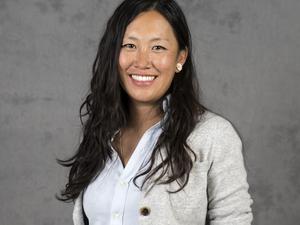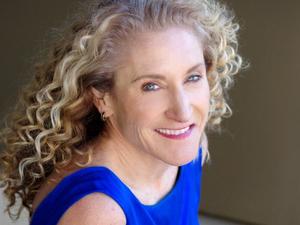
It has only been four days since the Supreme Court overturned Roe v. Wade, but one Bay Area telehealth startup says it has been flooded with requests for emergency contraception.
San Mateo-based Favor, formerly known as The Pill Club, says demand for its emergency contraception services has spiked more than 5,000% since Friday's ruling.
"We began planning for this moment probably about a year ago," the company's head of policy and public affairs Stephanie Swartz told me, and the company decided that doubling down on birth control and emergency contraception would help it "reach the most impacted, those in underserved communities, those who have struggled to access reproductive healthcare."
Abortion is now completely banned in nine states, according to the Guttmacher Institute, a nonprofit organization dedicated to advancing pro-abortion rights policies. The organization expects 26 states to ban abortion in the wake of the Supreme Court's ruling.
Emergency contraception does not induce abortion, despite misinformation to the contrary, and generally must be taken within five days of unprotected sex, a sexual assault or other contraceptives (such as condoms) failing, according to the World Health Organization. Combination birth control pills and IUDs can also be used as emergency contraceptives.
About a month ago it added a service that allows new patients to purchase emergency contraception pills without signing up as a member, allowing them to buy the product without a practitioner consult. The company says it has 200,000 active patients and offers services in all 50 states plus D.C.
Favor offers two types of emergency contraception, Plan B and Ella, for around $15 without insurance. Plan B, possibly the most well-known emergency contraceptive on the market, currently retails for just under $50 per tablet at retailers like Walgreens, Target and Amazon.
The Bay Area is home to several telehealth companies that provide birth control, emergency contraception and abortion pills. Nurx and Pandia Health offer the former two and Choix offers all three. Cadence is trying to bring an over-the-counter birth control pill to market but has not received FDA approval yet.
In addition to emergency contraception, a combination of two drugs taken 24 to 48 hours apart in the first 10 weeks of pregnancy can induce an abortion. Medication abortions now make up more than half of all abortions in the U.S., according to estimates compiled by Guttmacher. And during the pandemic, the FDA lifted a requirement that forced patients to consult with a medical provider in-person for a prescription, making medication abortions available through telehealth services for the first time.
"We don't have plans to offer medication abortions at this time," Swartz said, but the company will continue to support patients with its current services as well as provide them with other resources for information about abortion services that might be available to them.






